In a shocking turn of events, U.S. President Donald Trump has ordered direct military strikes on Iran’s nuclear sites. This is the first time the US has directly attacked Iranian nuclear sites. The effects could change the political and military situation in the Middle East.
This article will explain everything you need to know: what happened, how it happened, why it happened, and what might happen next.
What Really Happened?
Donald Trump said that the U.S. military carried out huge, accurate attacks on three important Iranian nuclear sites:
- Fordow
- Natanz
- Isfahan
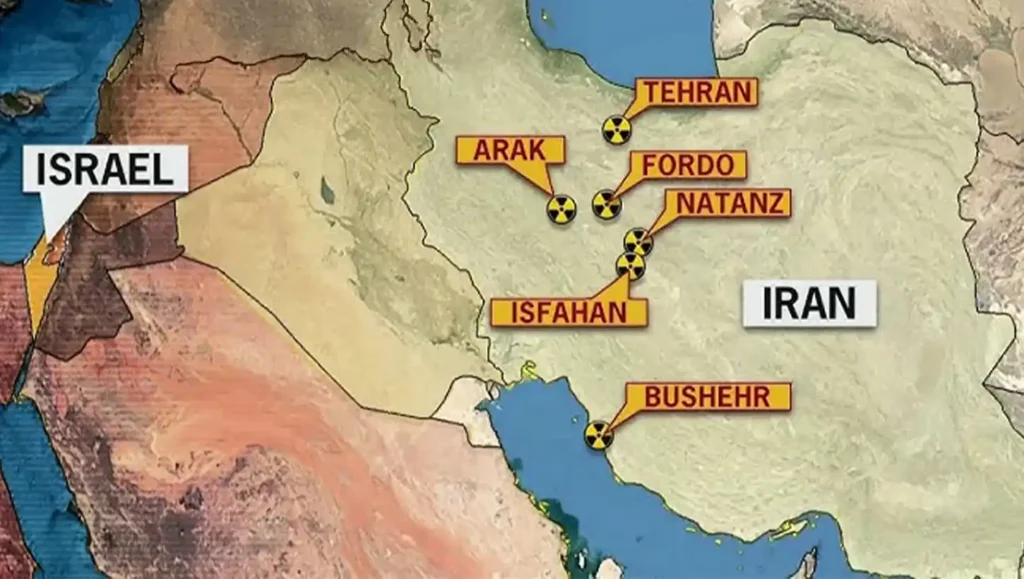
Iran’s uranium enrichment program is based in these places. For years, people around the world have been worried that Iran’s nuclear activities could lead to the creation of nuclear weapons.
How Did They Do These Attacks?
The U.S. Navy fired cruise missiles at Natanz and Isfahan.
Because Fordow was so deep underground (about 300 feet), it needed a special kind of weapon. The U.S. dropped the GBU-57 Massive Ordnance Penetrator, a 30,000-pound “bunker buster” bomb, from stealth bombers.
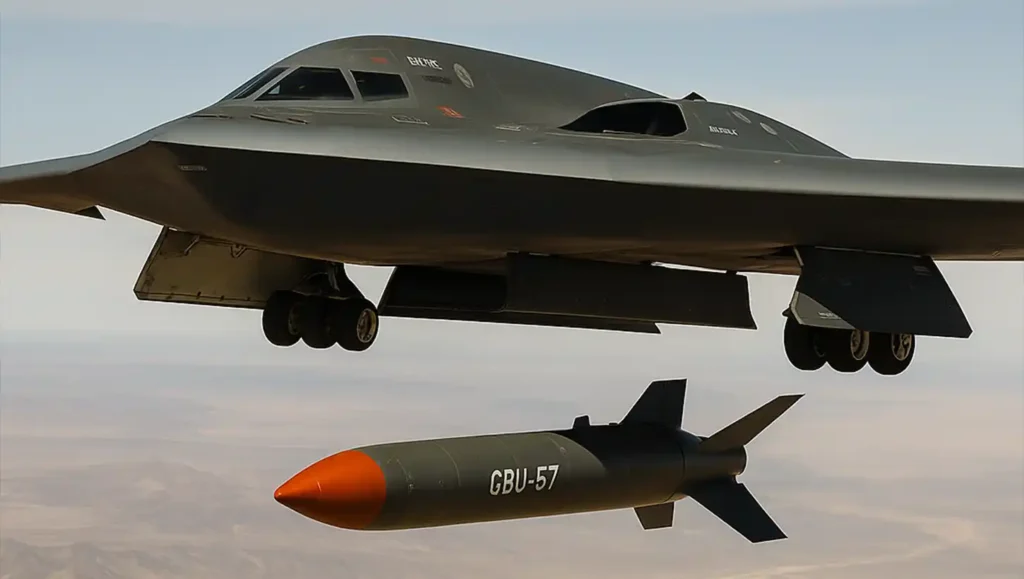
This bomb was made to blow up targets that were buried deep. It digs into the ground with its own weight and then blows up with a lot of force.
Trump said the strikes were done “for peace” and were meant to stop Iran from becoming a nuclear threat. He said that the attacks were a “huge military success.”
What made this happen now?
Iran and Israel had been getting more and more tense with each other. Iran had just launched a huge missile attack on Israel a week before the strike. The operation was called “Rising Lion.” Israel couldn’t fight back on its own, so it asked the U.S. for help.
At first, Trump wasn’t sure. But because of pressure from Israel and its political lobby in the U.S., he gave the operation the go-ahead.
Iran’s Reaction So Far
Iran said that no serious damage had been done and that enriched uranium had already been taken from the sites that were hit. It said that there were no leaks of radiation.
The International Atomic Energy Agency (IAEA) supported this claim by saying that there had been no reports of radiation outside the site.
However, the situation remains tense. Iran-backed groups’ missile assaults on Israel have already resumed, demonstrating that Iran considers this a national disgrace and will not back down.
The Role of Israel and Netanyahu’s Relief
Following the missile assault on Israel, Israeli Prime Minister Benjamin Netanyahu faced immense pressure. The Israeli defense forces were struggling to handle the situation alone. Netanyahu went to the United States and found a willing ally in Trump.
Following the strikes, Netanyahu complimented Trump:
“Congratulations to President Trump. “Your decision to destroy Iran’s nuclear facilities will alter history.”
This strike was a significant victory for Netanyahu, relieving him of domestic political pressure.
Audible is an Audio Books Platform, where you can find any audio book of your interests including Stories, Histories and much more. Try Audible 100% FREE for 30 days, Click Here to Subscribe today .

Trump’s Legacy is in Question
Donald Trump has frequently attacked previous President Barack Obama’s foreign policy shortcomings. He even tweeted that Obama would invade Iran solely to gain elections. Ironically, those old tweets are now being extensively reposted, just as Trump has done.
Trump has long portrayed himself as a “peacemaker” and a “deal-maker.” In 2018, he pulled the US out of the Iran Nuclear Deal, stating it was weak and ineffectual. That move resulted in the current tensions.
By bombing Iran now, Trump has harmed his reputation as someone who avoids unnecessary wars.
Americans’ Internal Reactions
The American public and political leaders are sharply split.
Many Trump supporters voted for him because he vowed to keep the United States out of foreign conflicts. They now feel betrayed. Instead of focusing on the economy, inflation, and employment, Trump is viewed as inciting another war. Critics argue that Trump has transformed “Make America Great Again” into “Make Israel Great Again.”
Prominent Democratic leaders, such as Chuck Schumer, are now advocating for limits on presidential powers through the War Powers Act, believing that no president should be able to launch a war without Congressional authorization.
Will Iran escalate the war?
This is the biggest question right now.
Iran might target US military bases in the Middle East, the main targets and volunarable locations are;
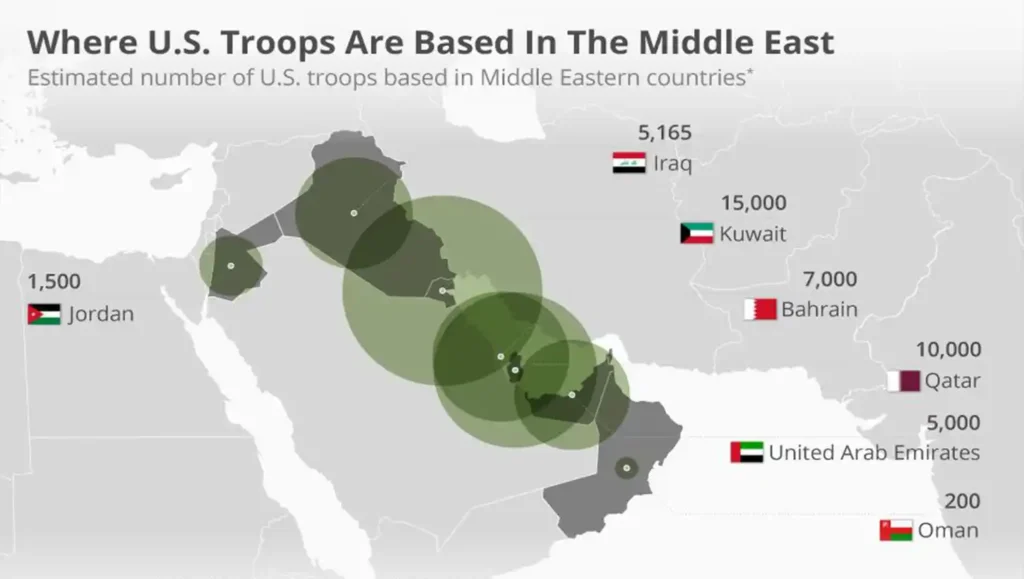
- Qatar
- Bahrain
- United Arab Emirates
- Saudi Arabia.
Use proxy groups such as Hezbollah, Houthis, and Hamas to target Israeli and US interests.
Block the Strait of Hormuz, a tiny waterway that transports 20% to 25% of the world’s oil supply. If banned, global oil prices might surge.
Iran still has a substantial stockpile of ballistic missiles, including the formidable Khorramshahr missiles, which have a range of 2,000 kilometers and a payload of 1,800 kilograms.
These weapons are spread across a large area, making them difficult to eliminate in a single attack.
Is there going to be a wider war?
Some experts feel a wider conflict is almost unavoidable.
Iran’s missile reaction has already begun. The United States’ bases in the Middle East are vulnerable. If Russia or China join forces to support Iran, the crisis might spread globally. This is why many refer to the scenario as “uncharted waters.”
History has demonstrated that wars can quickly escalate. The concern is that what started as a “limited strike” could escalate into a full-fledged Middle Eastern battle, or worse, a worldwide one.
Oil, Economics, and Global Impact
If Iran closes oil routes or the war advances further:
- Oil and gas prices will climb globally.
- The global economy might suffer.
- Inflation could worsen, affecting ordinary people the most.
This conflict will affect more than just soldiers and politicians. It has the potential to impact fuel prices, household budgets, and economic recovery in a variety of countries.
What about diplomacy?
Diplomacy appears to be a doubtful option at the moment. Iran is angry. The United States shows no signs of retreating. And Israel maintains its strong approach.
Trump had planned to resume discussions with Iran and maybe win the Nobel Peace Prize. However, those hopes appear to have been dashed as a result of the military strike.
Conclusion of the Event and What’s Next?
As of now:
Iran has started missile strikes on Israel.
The United States has no clear departure strategy.
Americans are doubting the strike’s goal and long-term impact.
The coming days will be critical. If Iran chose to strike US sites or impede oil routes, this might spark a far larger conflict.
Donald Trump hoped to be known as a peacemaker, but this military action may go down in history as the moment he brought America closer to another never-ending war.
📌 Stay tuned for additional updates as the story unfolds.
Read about the entire story of Israel and Iran Conflict Click Here
Watch Documentary “THE EDUCATION TRAP” Click Here
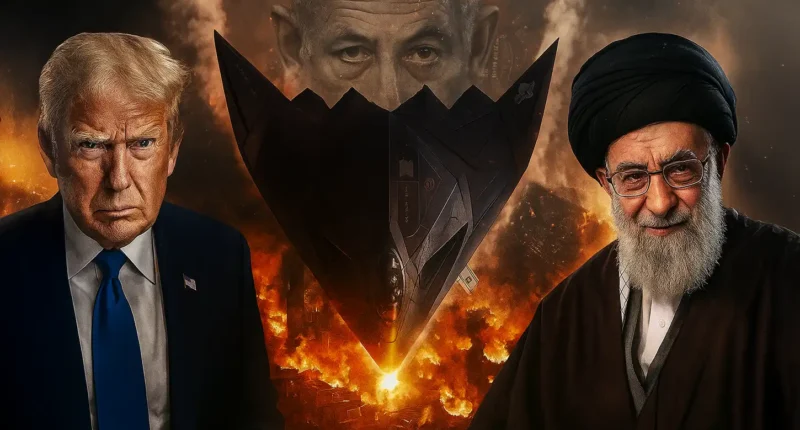



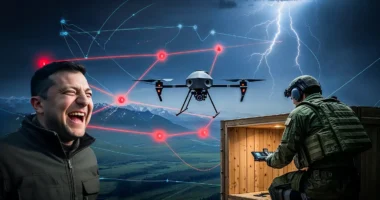



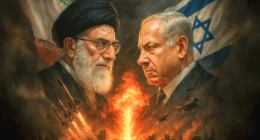

1 comment